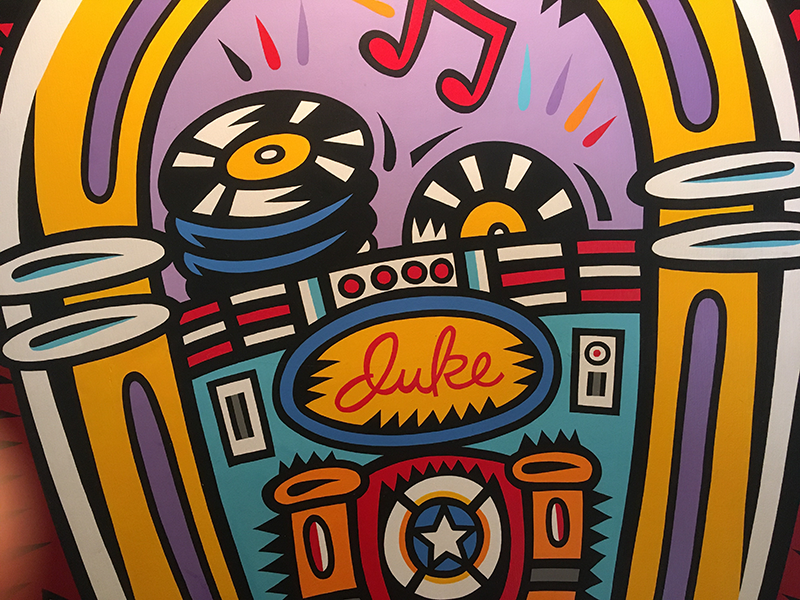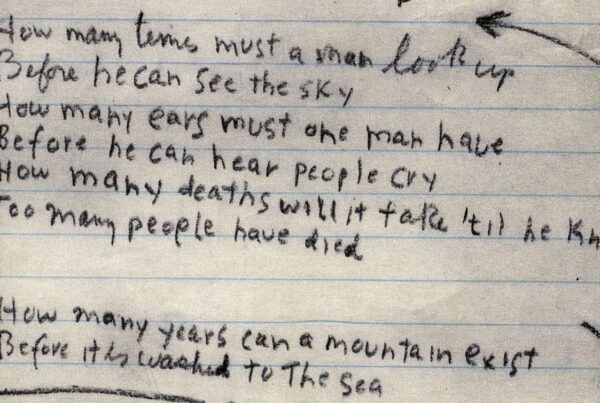
Who knows why seemingly insignificant (at least in the moment) sensory experiences become associative triggers for the rest of our life? Why does a specific smell, sound, vision, taste or emotion immediately take us back to another place and time?
Be it a whiff of a Chanel No. 5 or the smell of freshly cut grass. A random combination of colors. A soft, velvety blanket. Maybe it’s hearing the crackly tune of an ice cream truck that prompts a Pavlovian sense of anticipation. Or a song that immediately reminds us of a friend or a trip or first kiss …
Who knows how and why we remember what we remember? It could be totally random, it could be consequential, or likely a bit of both.
LISTEN TO THIS
For some reason, the auditory experience — notably, melody and song — is distinctively memorable. Research shows music can be a remarkably powerful tool as reminiscence therapy for individuals living with memory loss and dementia.
“There seemed no doubt that some music could move him profoundly,” neurologist/author Oliver Sacks explained about his severely brain damaged patient Greg in “The Last Hippie” chapter of his book An Anthropologist on Mars. Sacks witnessed how music “could be a door to depths of feeling and meaning to which he normally had no access.”
When Sacks took Greg to a concert with his favorite band the Grateful Dead he was intrigued by the young man’s reaction. “Looking at Greg transformed in this way, I could see no trace of his amnesia, his frontal lobe syndrome — he seemed at this moment completely normal, as if music was infusing him with its own strength, its coherence, its spirit.”
Whatever evocative sensations and nostalgia the music stirred in Greg, it showed, according to Sacks, “a rare and wonderful continuity of attention , everything orienting him, holding him together.”
The innate influence of melody and song might explain another relational experience relative to music — or more broadly, our entertainment experiences. Could this be why so many of us enjoy listening to the same artists and same songs over and over throughout our lifetime? By contrast, for example, not as many of us regularly re-watch the same movies or reread the same books (unless you have little kids at home).
For what it’s worth, I hope to astound any music and reminiscence therapists in my future with a surprisingly eclectic array of sensory associations with both classic and contemporary artistic choices.
Also, metaphorically speaking, it just seems healthy in these generationally and politically divisive times, to listen to new stuff and not to dwell solely in the echo chambers of our past — however musical, memorable or opinionated it may be.
* Artwork: “Jukebox” limited edition by Burton Morris







Hearing Cat Stevens always takes me back to high school.